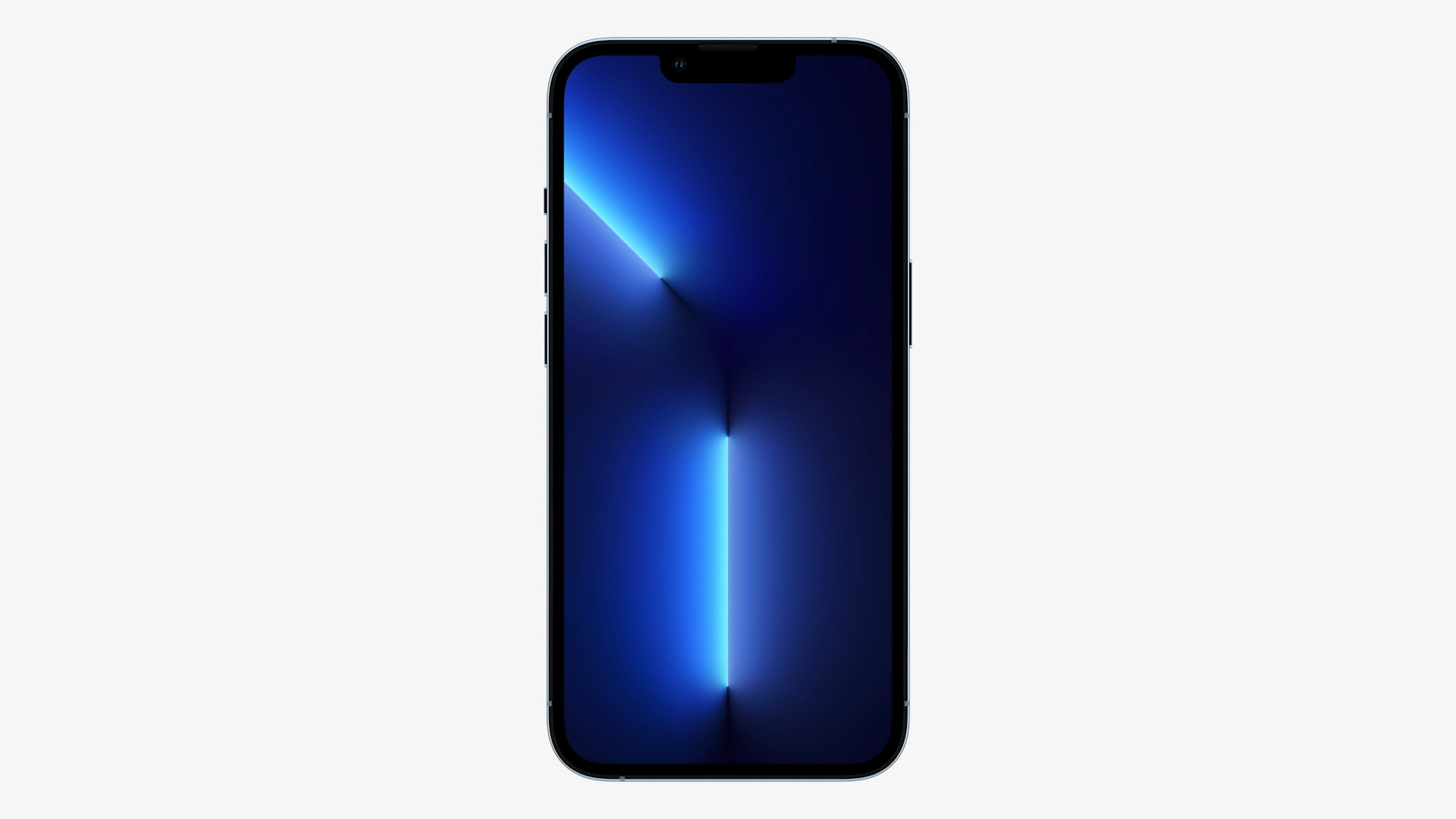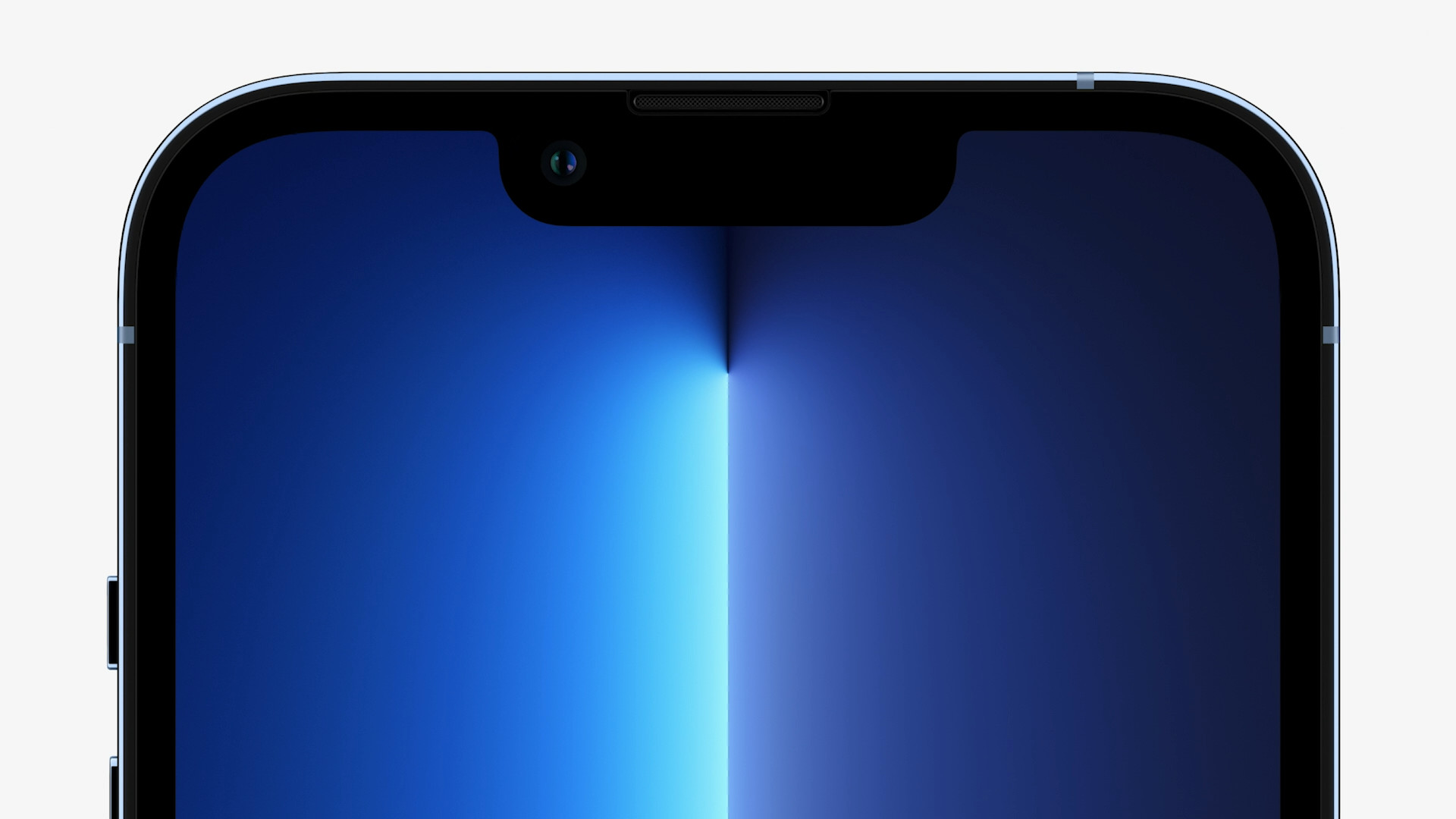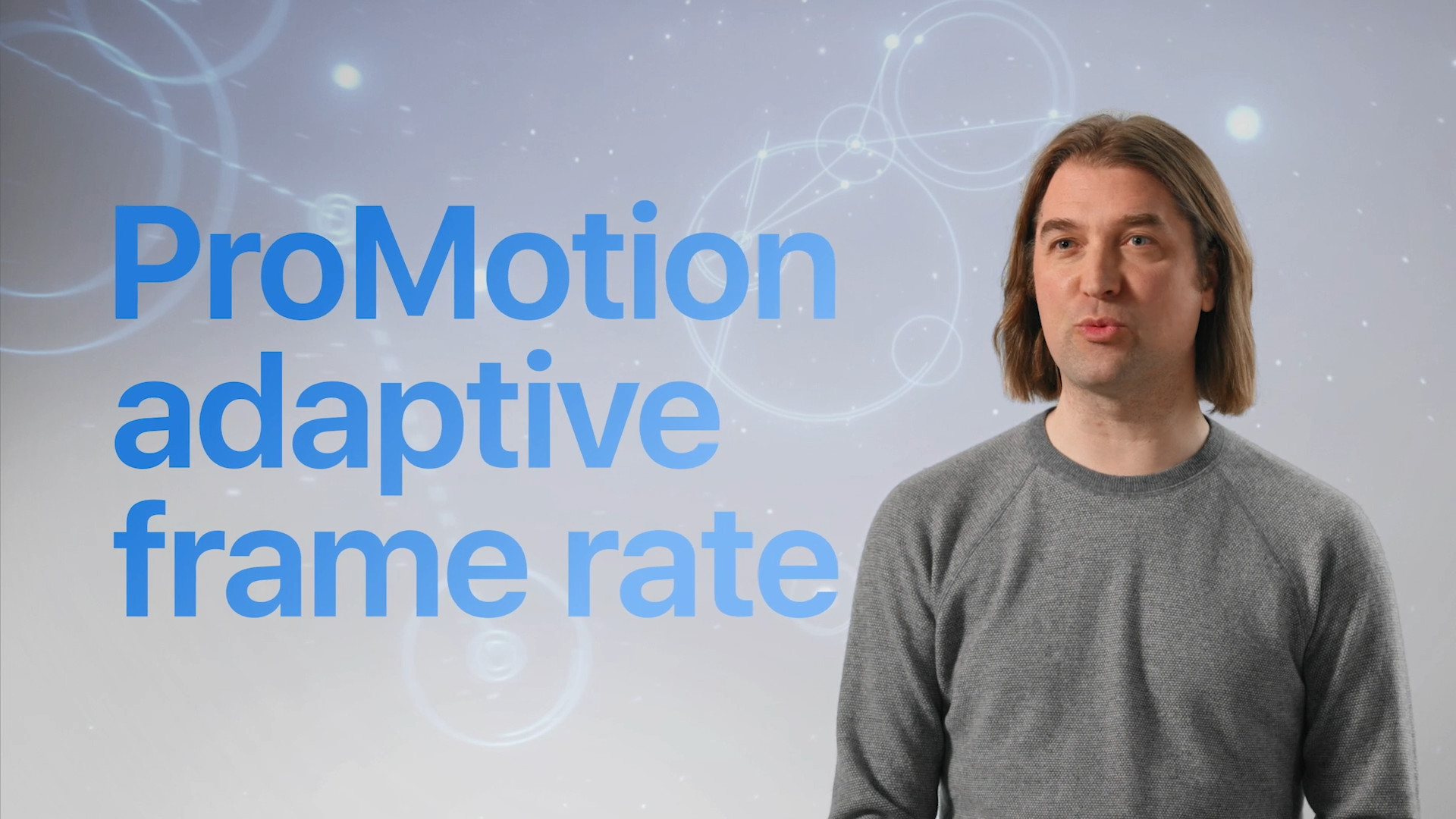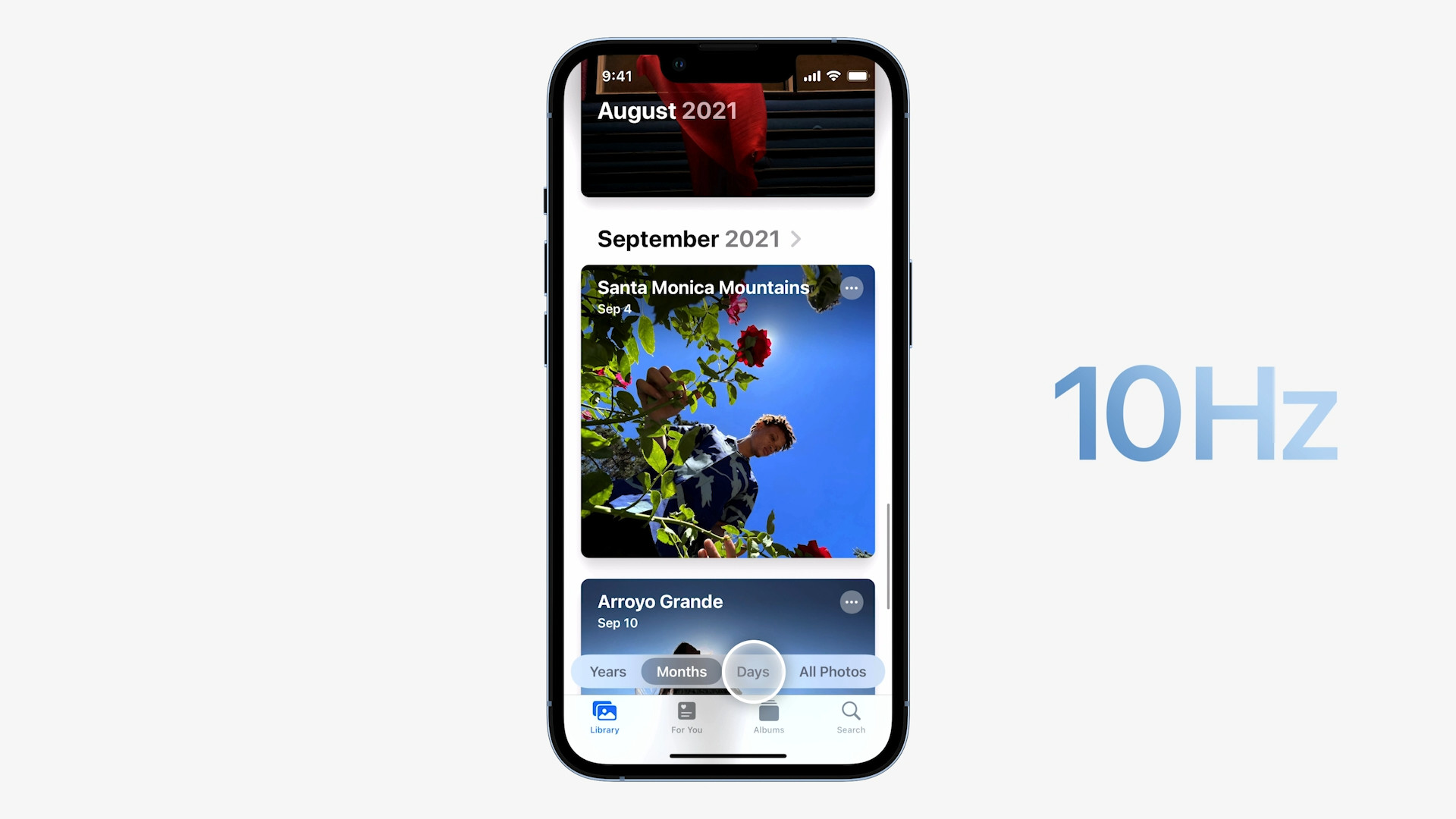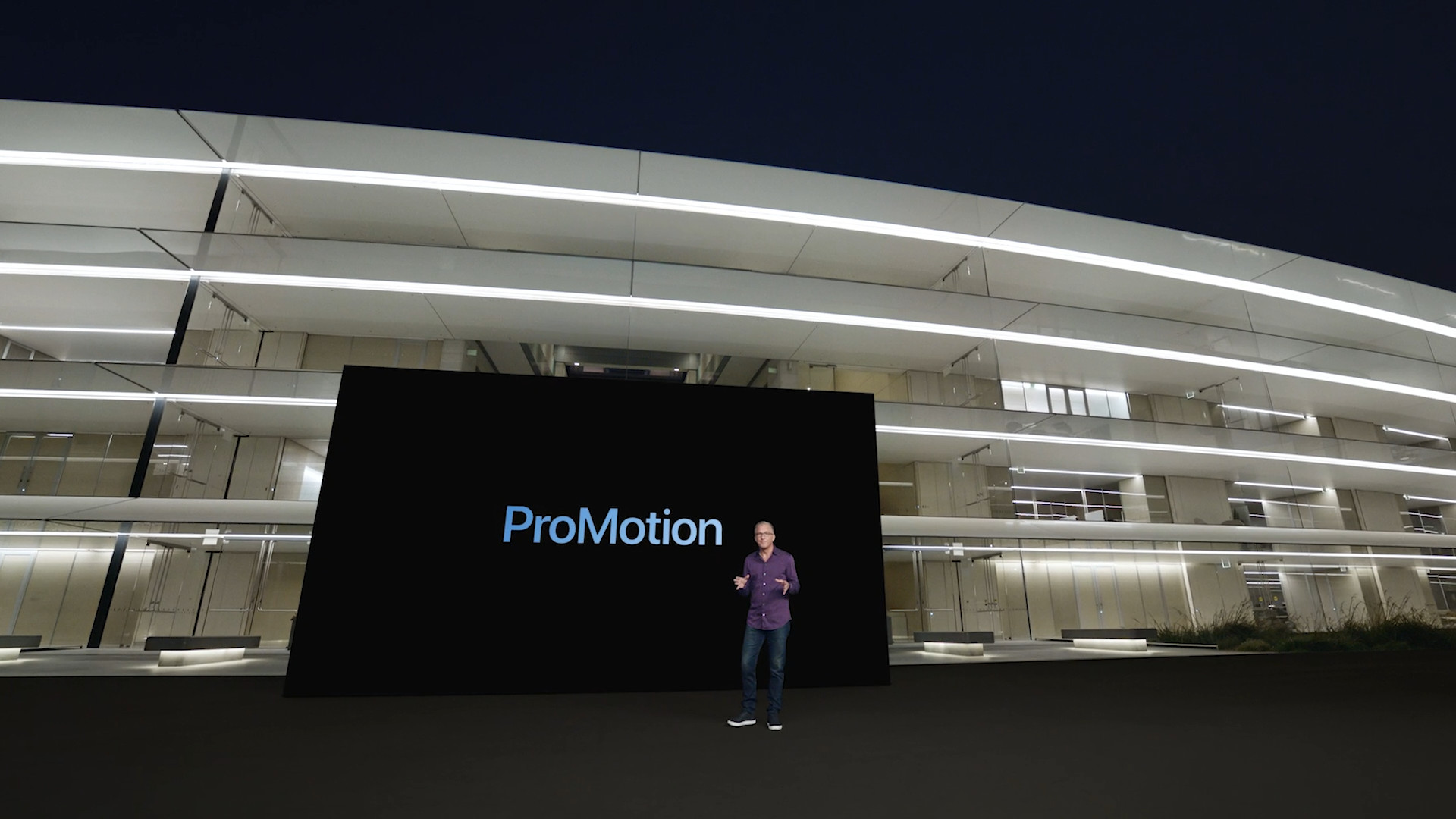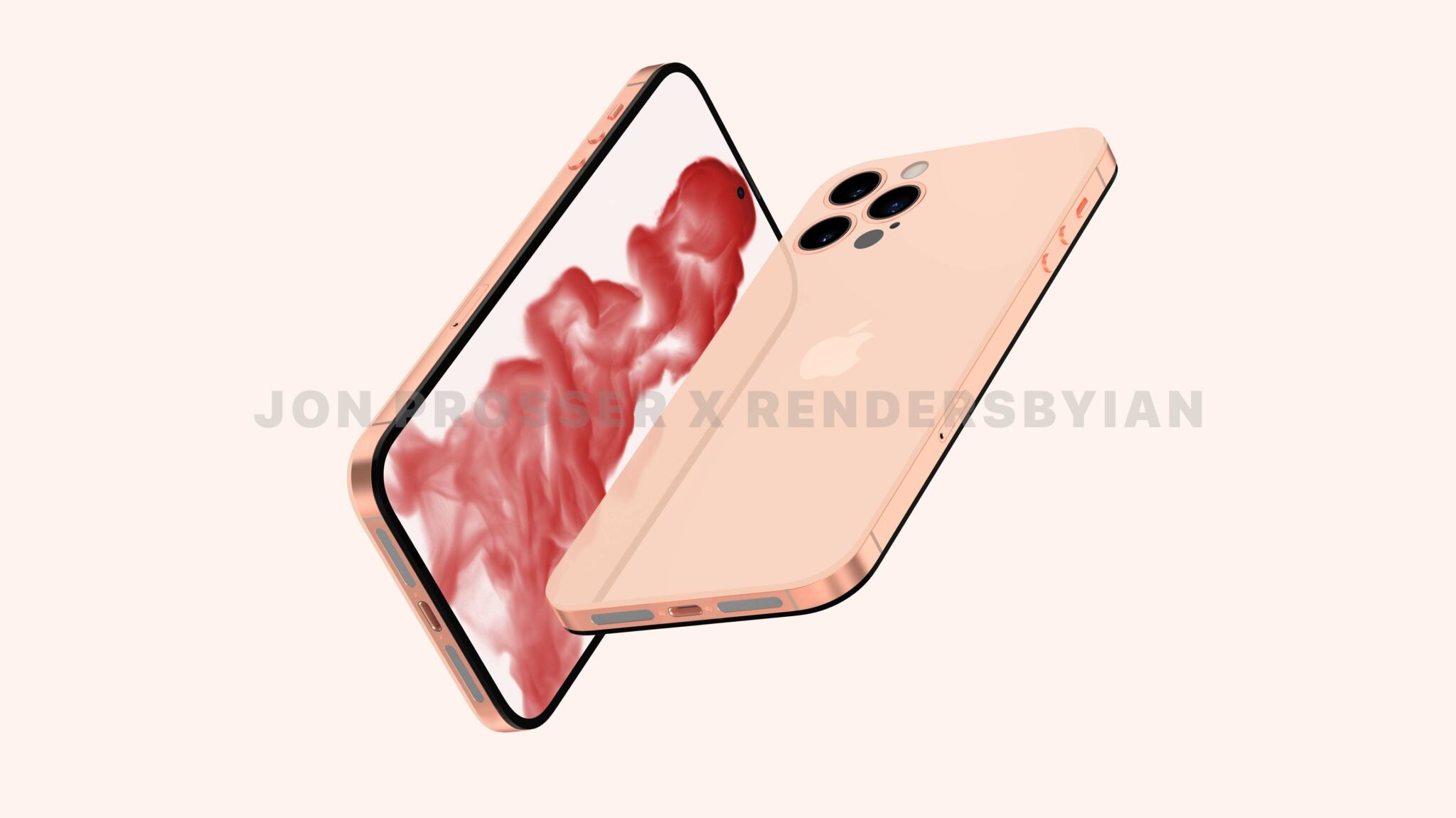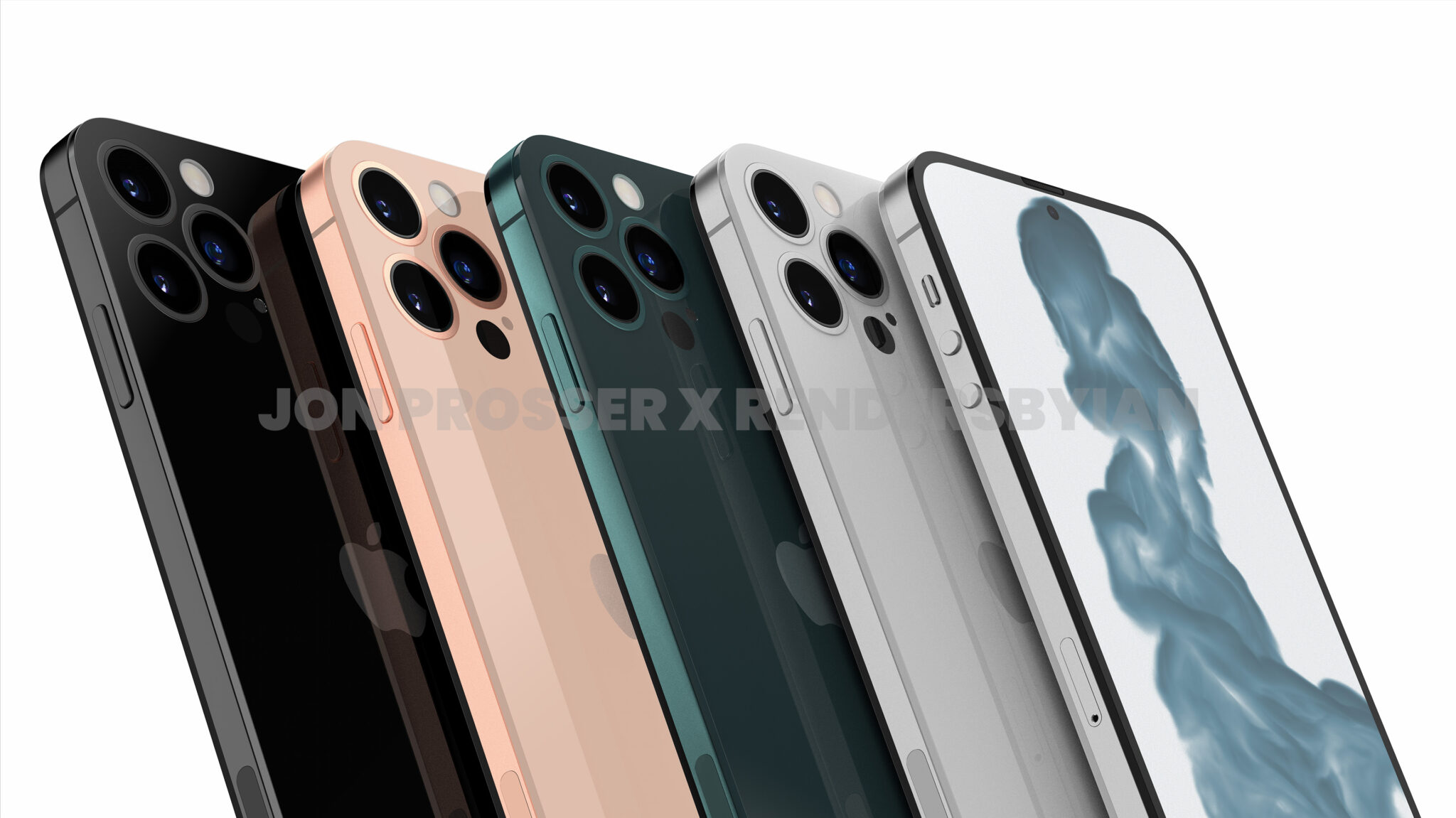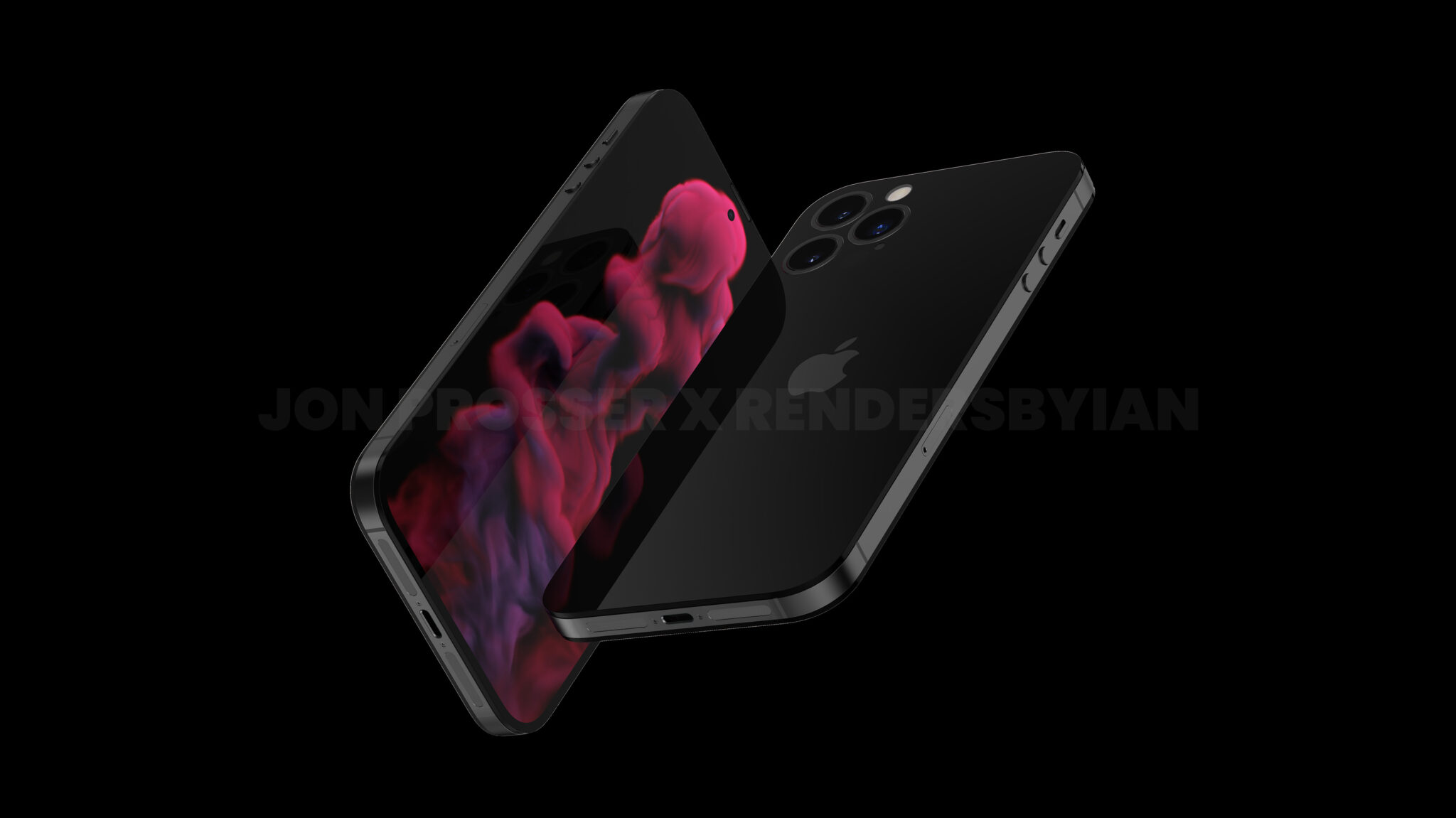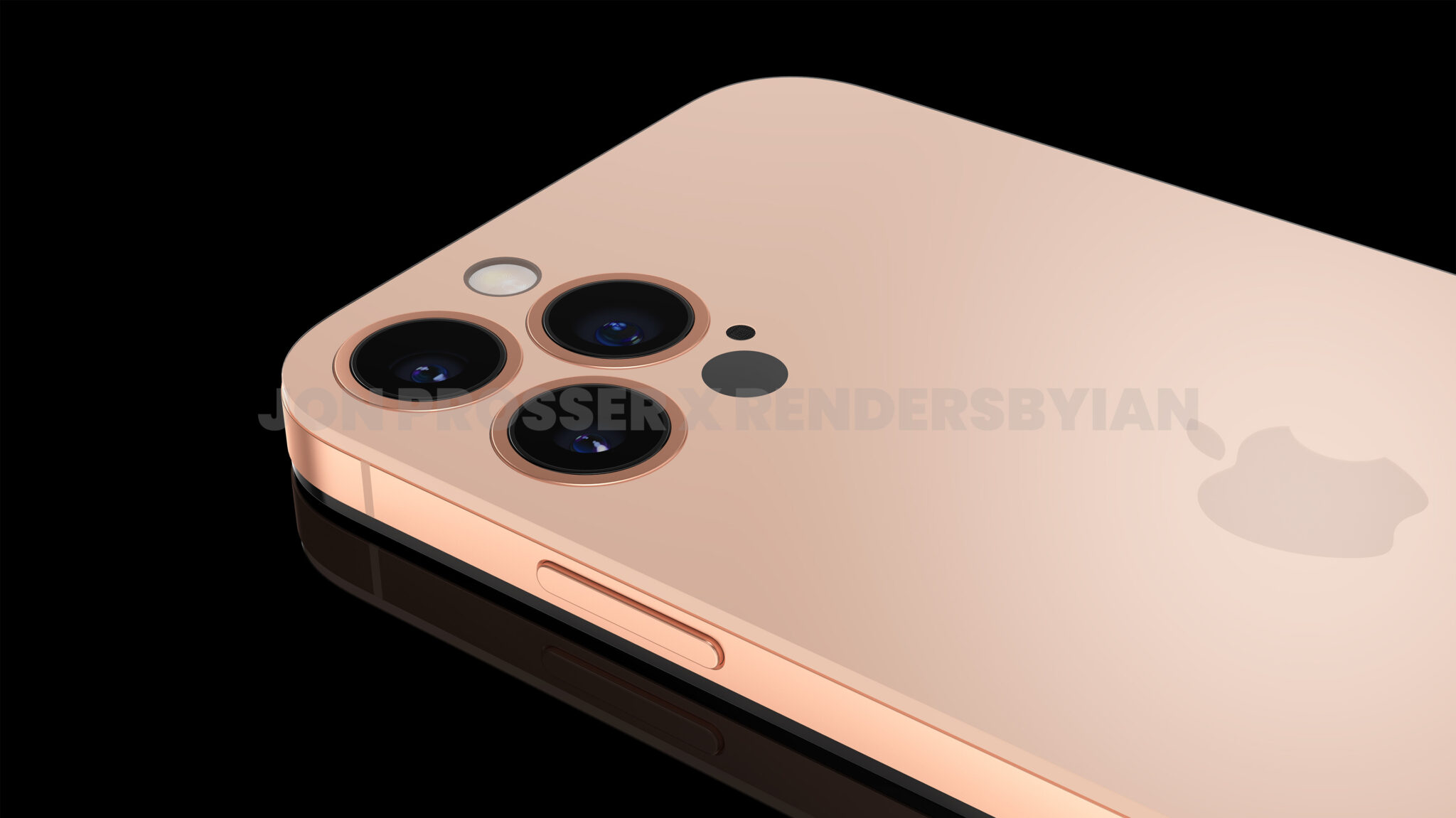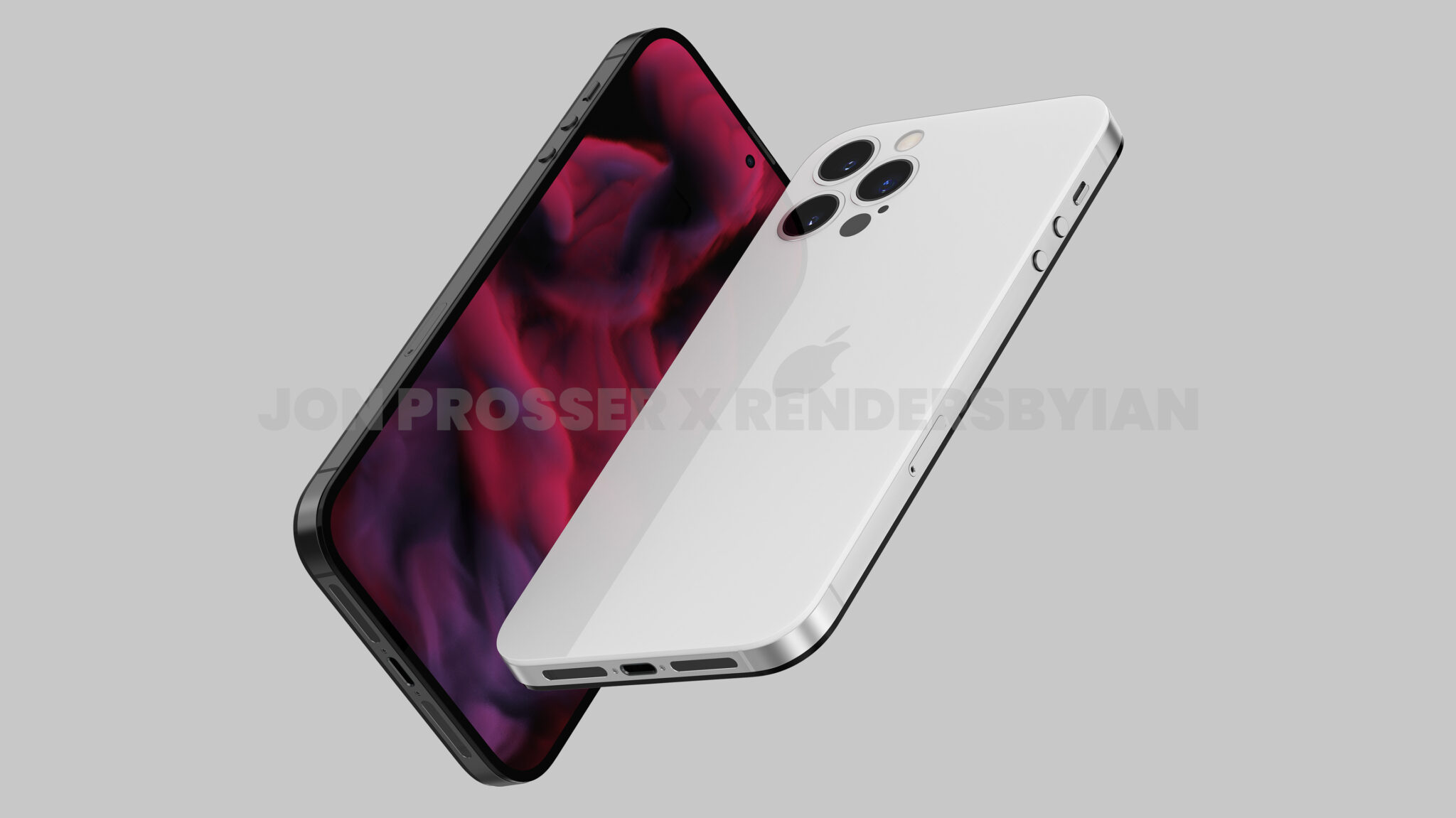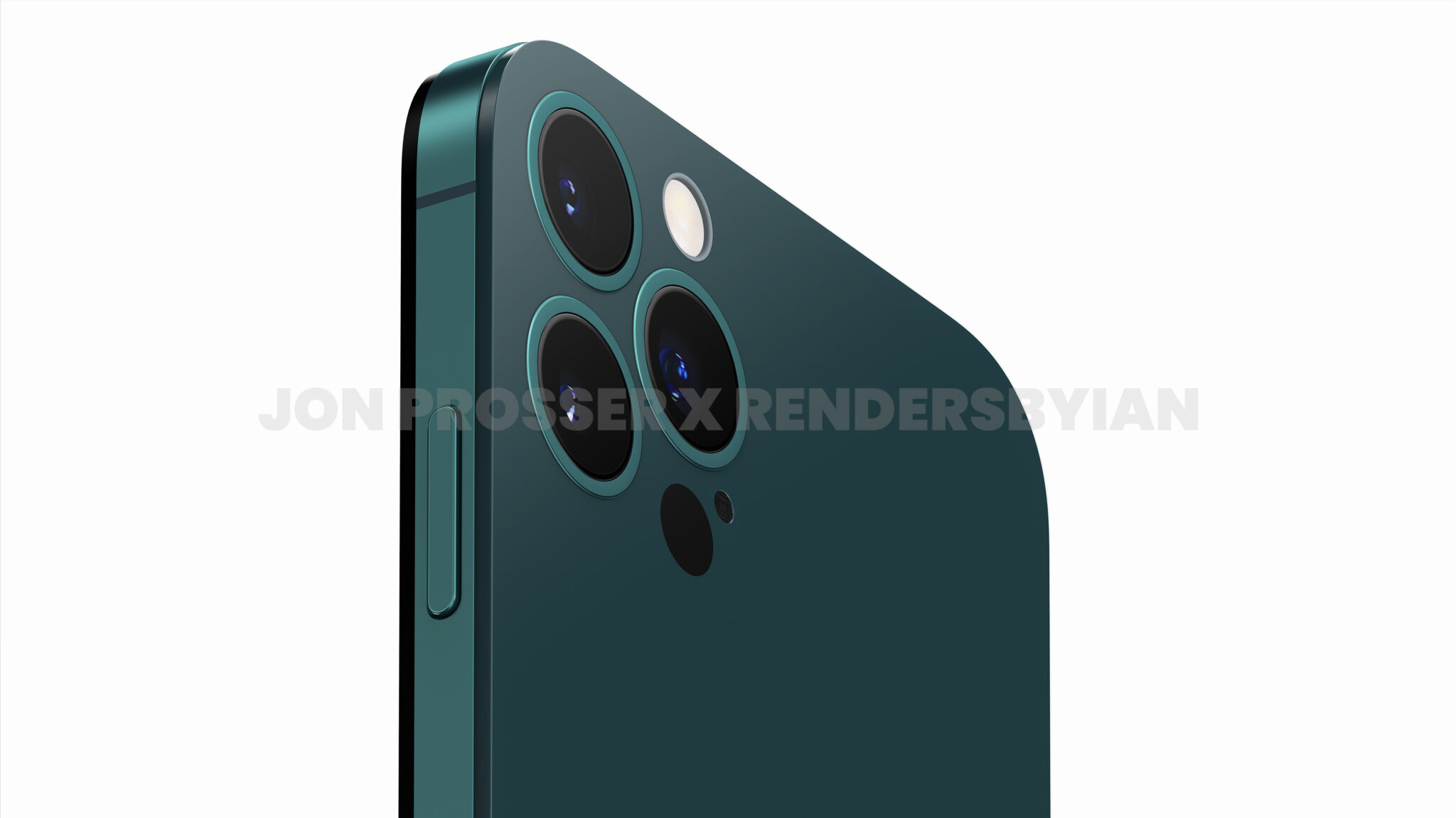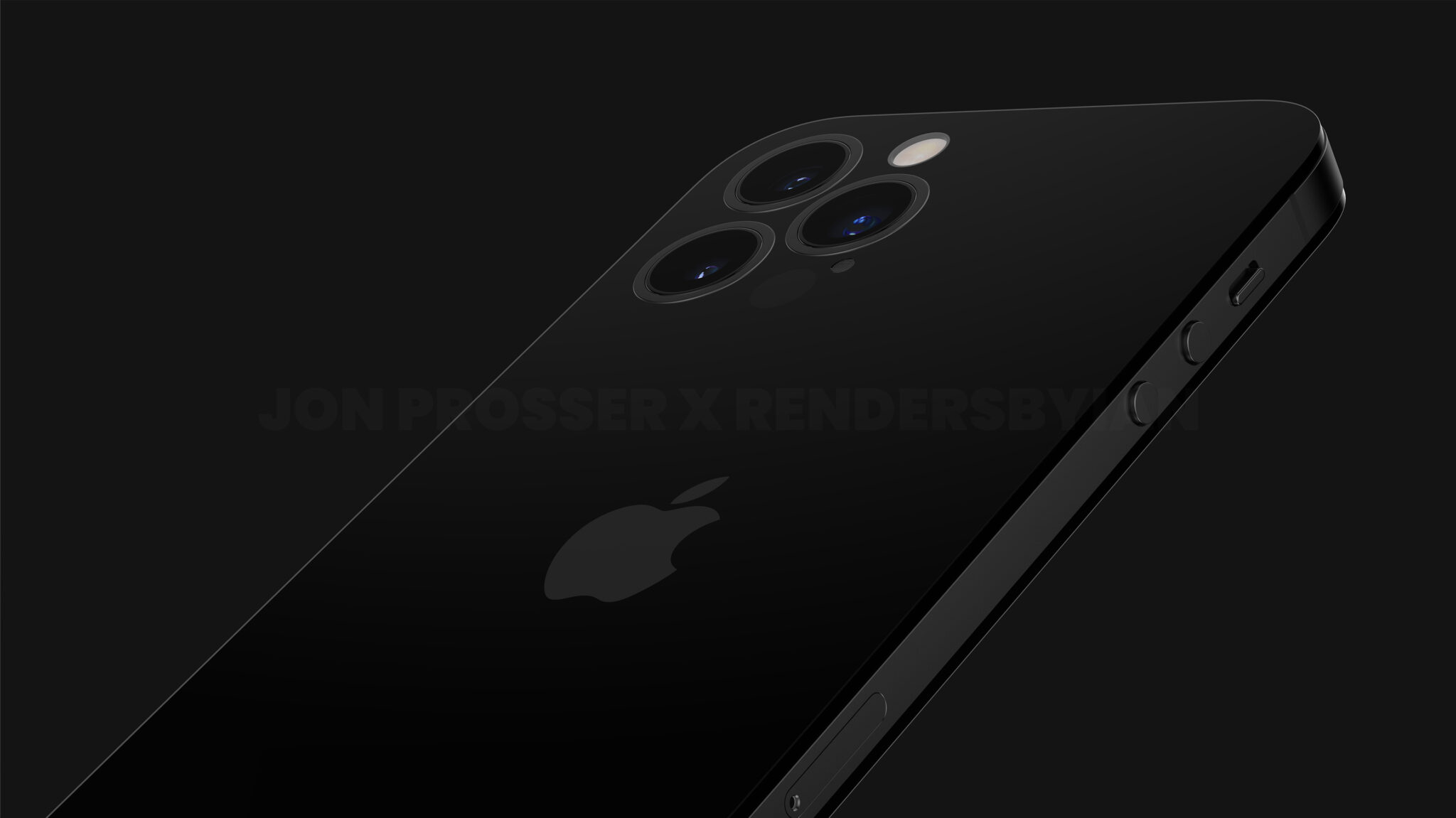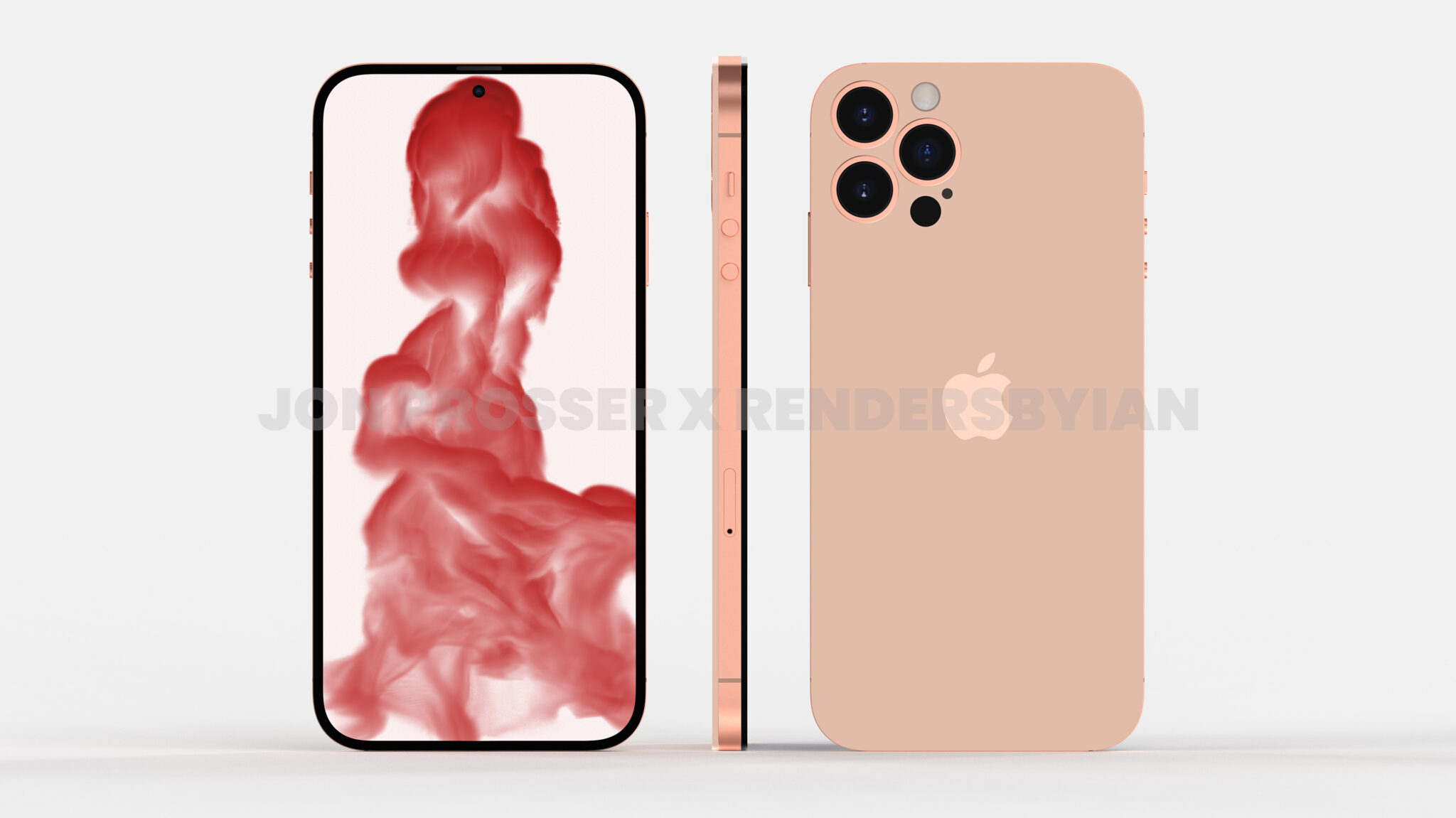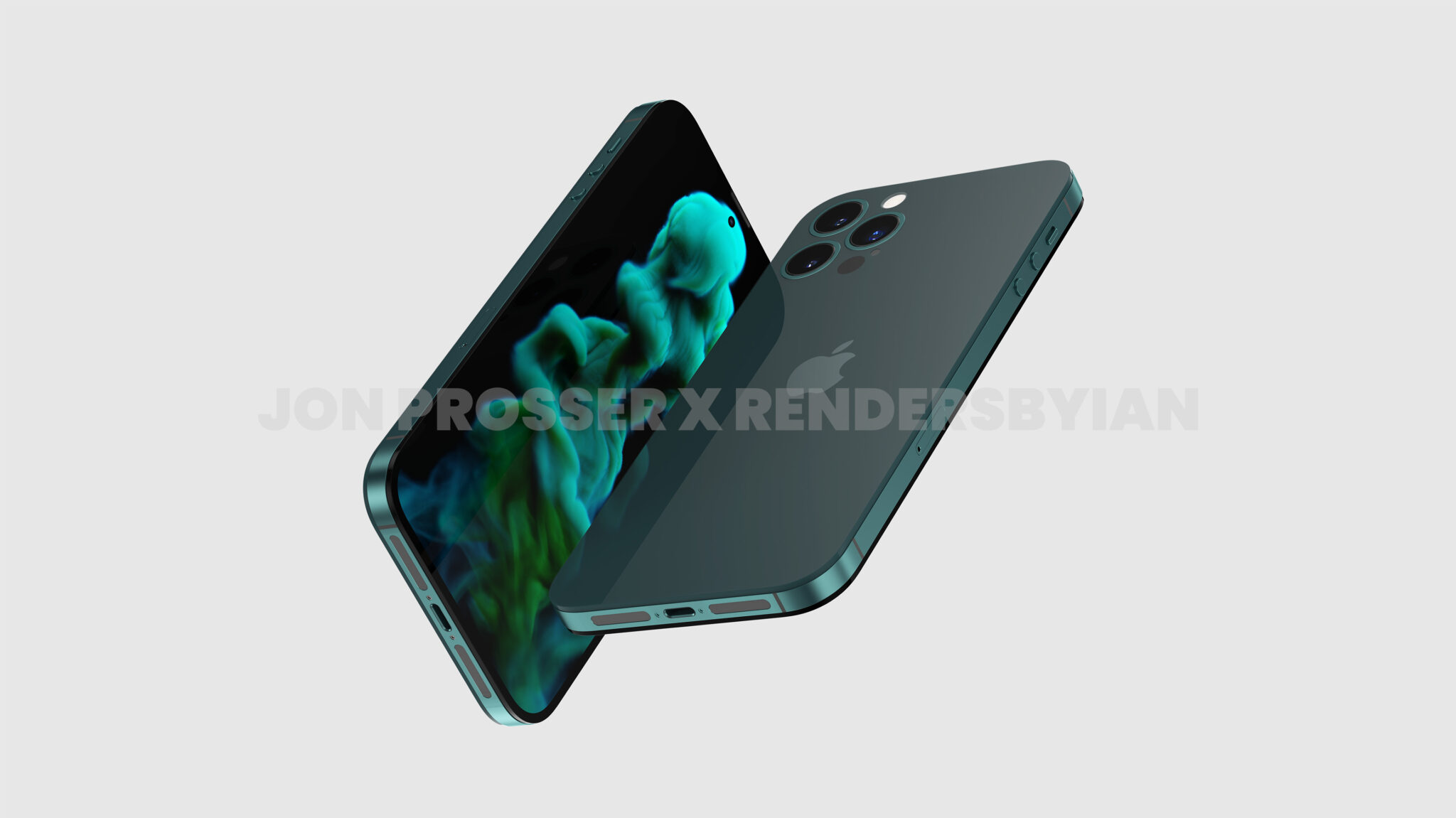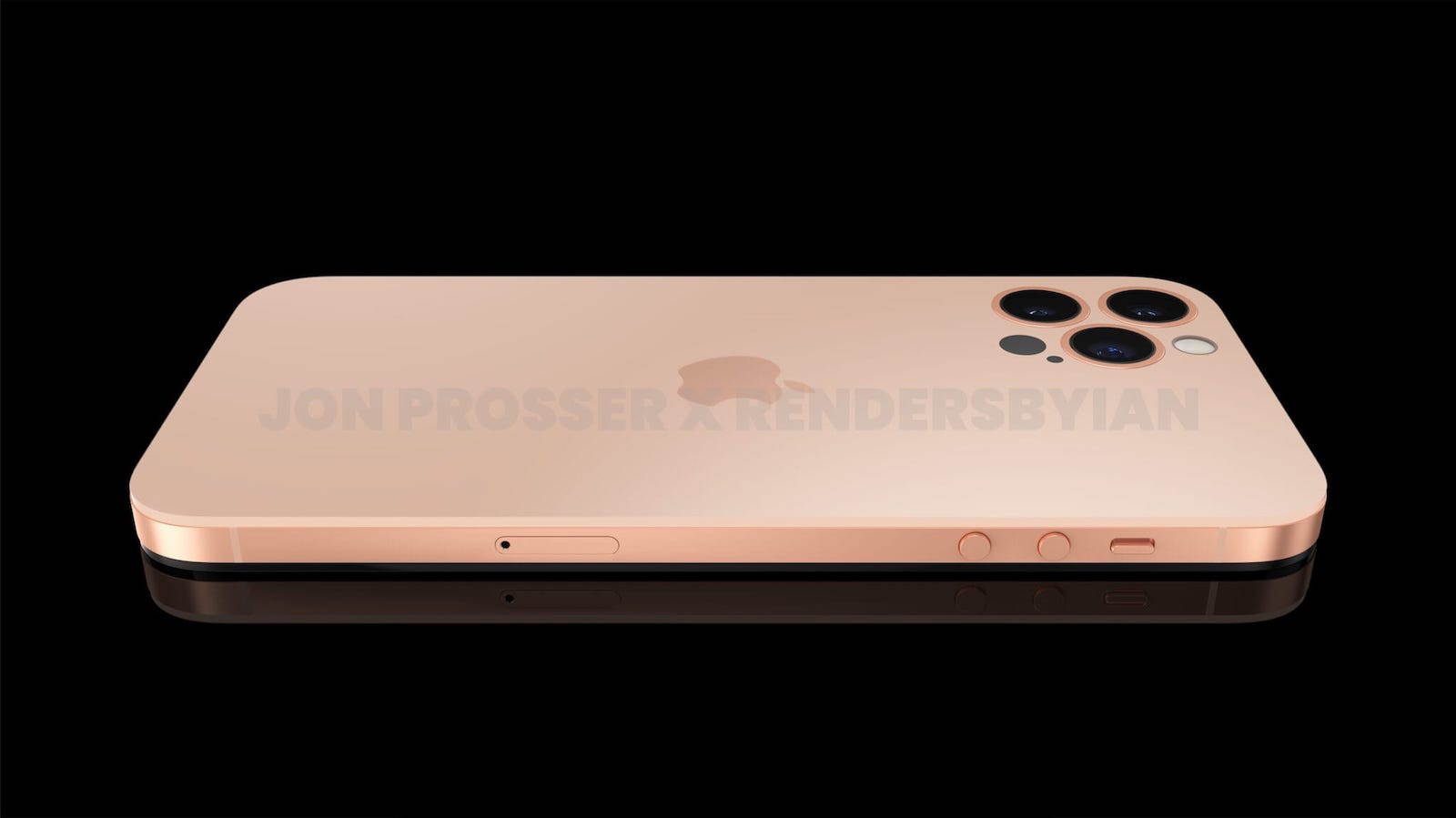Trial production is the very first stage of production, which in our country is also called the verification series. It is one thing to create drawing documentation for a given unit, another is to create individual components based on these documents, and the third is final assembly. As a result, everything may not work as you imagine, which is exactly what this procedure is supposed to prevent. Practically every finished product must be preceded by a certain "validator".
Of course, it was the most difficult with the very first iPhone, because Apple was creating a completely new product. Although he officially presented it in 2007, according to Wikipedia its beta version was already created in 2004. During the verification series, therefore, a small number of pieces of the given device are ordered for production, on which not only individual machines are tuned and adjusted, but also production processes and procedures. The number of units produced over a certain period of time is also ascertained so that the manufacturer knows how many units he is able to produce. The last stage is, of course, determining the quality of the output.
Electronics are consumer goods and it cannot be said that the pieces created in this way are something unique. It is true, however, that they are usually numbered so that it is known exactly when and which piece came off the production line and thus individual devices can be better monitored. If we transfer this to, for example, the luxury watch market, then all prototypes and branded pieces increase in price over time. These are after all the first pieces of the given model (although in this case usually assembled by hand within units of pieces). But the iPhone is still a phone, and these first pieces are likely to be properly recycled after serving their purpose so they don't end up in circulation. Of course, they don't even have an operating system with which they will be sold.
It could be interest you

Apple leaves nothing to chance anymore
According to the latest news Apple is currently starting the production of the iPhone 14 series. So it is almost exactly half a year before it is presented to the world. That is, of course, if everything goes smoothly and we get to see a typical September keynote again. The coronavirus pandemic did not have to say the last word yet, when it significantly disrupted Apple's plans in the past two years.
Even though the verification series started on time last year, i.e. at the turn of February and March, the mass one was delayed, which caused a small number of units delivered to the market for the iPhone 13, and the year before even delayed the introduction of the iPhone 12 series by a whole month. It was then that it also started to be verified on time, but for mass production it didn't happen until the end of September because the whole world was struggling with logistical problems.
It could be interest you
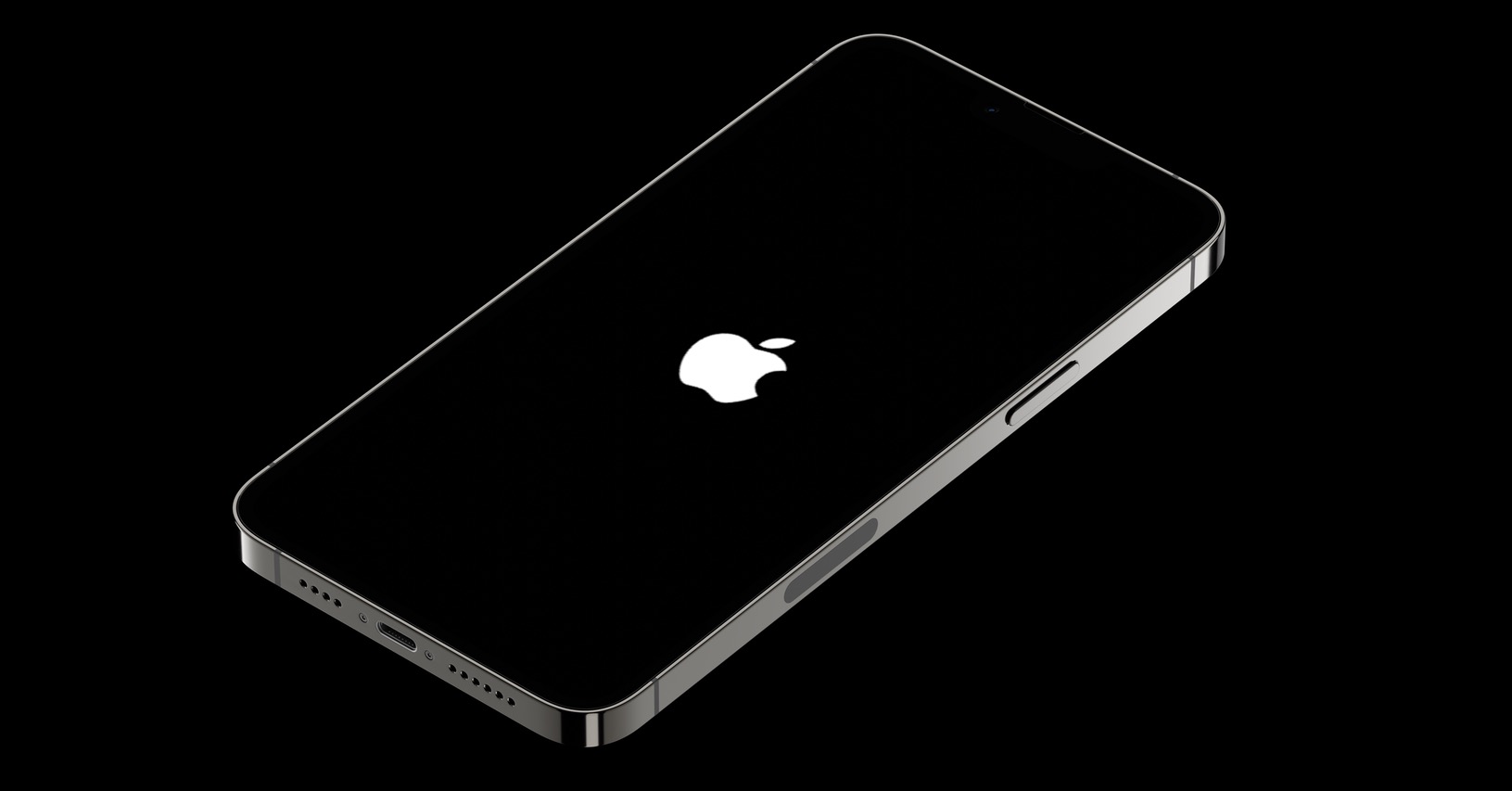
Apple also had certain problems with the first bezel-less iPhone, i.e. the iPhone X. To some extent, it was also a significantly different device, and this entailed certain difficulties with production (especially with components for Face ID), which is why deliveries to customers were delayed. However, its trial production also started much later than it does today, i.e. not until the beginning of July. Now that Apple is not leaving anything to chance, and is starting trial production as soon as possible, this has not been the case with the iPhone 11. His test production it started at the beginning of Q2 2018, so at the turn of March and April.
